One of the most notable geopolitical developments in the Middle East in recent years has been the emergence of India as an important partner in the region, Foreign Policy magazine asserted in a recent article.
The article said that while 10 years ago people were skeptical about India's "future role" in the Middle East, things have changed now. "It is time to take a serious look at India's influence in the region," Foreign Policy magazine stated.
The article assesses that the relationship with Israel is perhaps the most developed of India’s bilateral relations in the Middle East. Since the formal establishment of diplomatic relations in 1992, especially in recent years, India-Israel relations have been increasingly flourishing. In 2017, Prime Minister Narendra Modi became the first Indian leader to visit Israel.
A year later, Israeli Prime Minister Benjamin Netanyahu also visited India. Along with high-level visits, India-Israel relations have grown rapidly in many areas, notably in high-tech and defense. Israel is one of the largest arms suppliers to India. Indian media recently reported that the two sides are looking for opportunities to jointly produce weapons systems. India and Israel are also currently negotiating a bilateral free trade agreement.
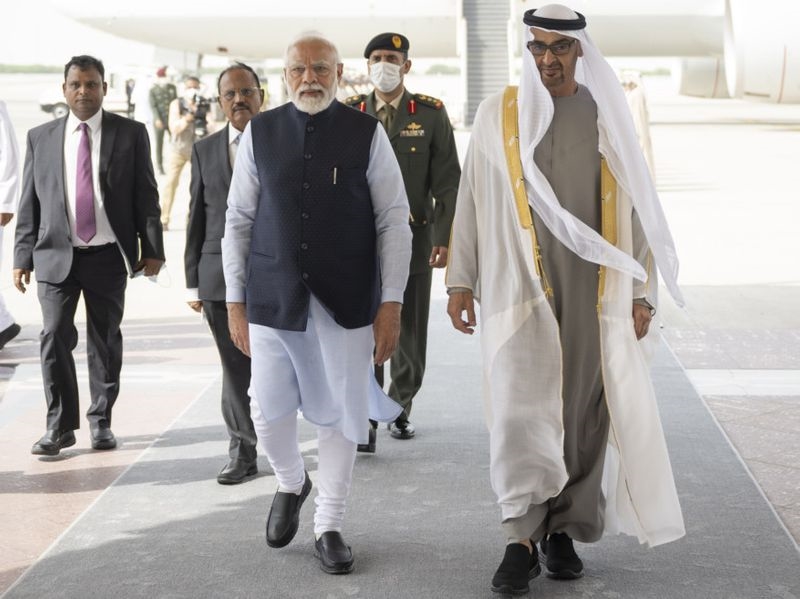 |
| Indian Prime Minister Narendra Modi and UAE President Sheikh Mohamed bin Zayed Al Nahyan during his visit to the UAE, June 2022. Photo: Gulf News |
Regarding India's relations with the Gulf countries, the United Arab Emirates (UAE) and Saudi Arabia are also actively working to expand relations with New Delhi. According to Foreign Policy magazine, the reason is partly because both sides share interests in preventing radical Islam and, more importantly, for economic benefits. Both Abu Dhabi and Riyadh see many opportunities in the country of more than 1.4 billion people, just a 4-hour flight away. Since the India-UAE Comprehensive Economic Partnership Agreement officially took effect in May 2022, bilateral trade turnover (excluding the oil sector) has reached 45 billion USD, an increase of nearly 7% compared to before.
India-UAE relations are also growing steadily within the framework of the I2U2 group (including Israel, India, UAE and the US, which aims to leverage technology and private capital to address challenges in energy, agriculture, trade, infrastructure development, etc.). With Saudi Arabia, India’s second largest supplier of oil and gas, bilateral trade averages around $43 billion per year and both sides are looking to increase this figure.
At the same time, India continues to advocate support for Palestine and has friendly relations with Iran - an important oil supplier to New Delhi. "India's growing position in the Middle East reflects a changing international order and shows that countries in the region are ready, even eager, to benefit from the new multipolar order," Foreign Policy magazine commented.
Sharing the same view, Mosaic Magazine emphasized that India is increasing its presence in the Middle East. The goal is said to be to ensure that New Delhi's interests are not affected "in the vacuum created by the US's focus on competition with China and Russia". According to Mosaic Magazine, the Middle East is an important source of investment, energy and remittances for India (nearly 9 million Indians live in the Gulf and half of India's total of more than 80 billion USD in remittances/year are from the Gulf).
The Middle East also shares India's security concerns, especially extremism and terrorism. Meanwhile, The New Arab website also said that with rapid economic growth and since Prime Minister Narendra Modi came to power in 2014, India has continuously deepened its relations with Middle Eastern countries. Amid public opinion focusing on great power competition in the Middle East, India "is quietly emerging as an important partner" in the region. "India's presence in the Middle East reflects the growing trend of multipolarity in the region," The New Arab website stated.
HOANG VU
Source


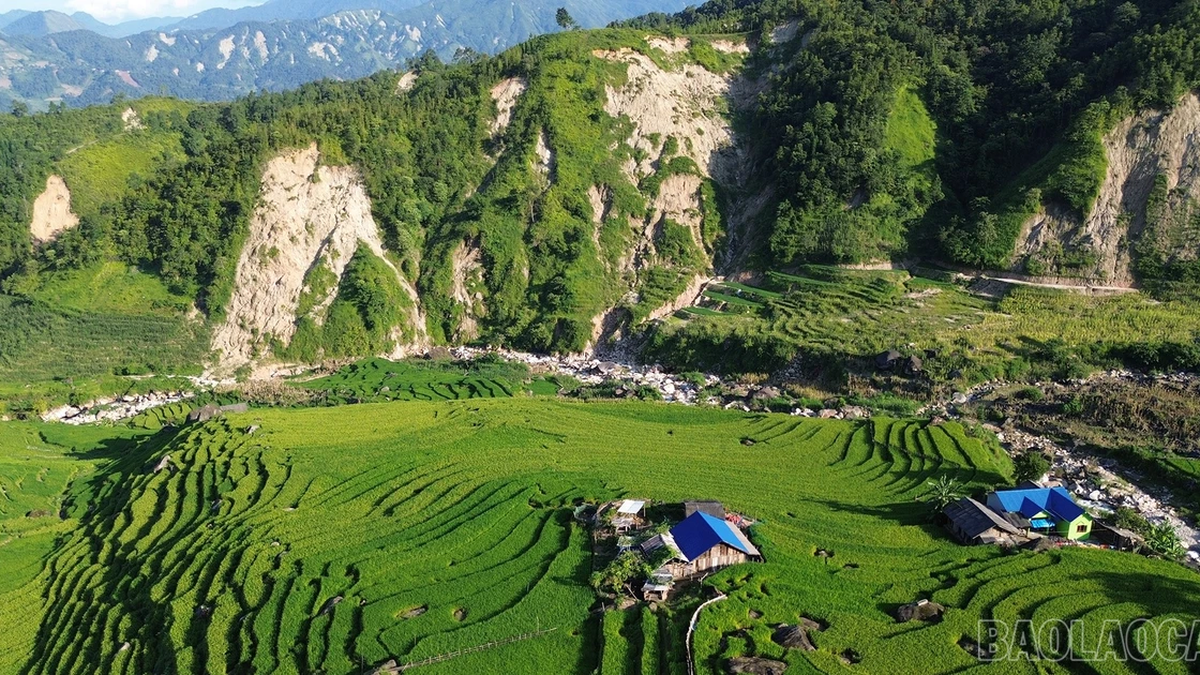

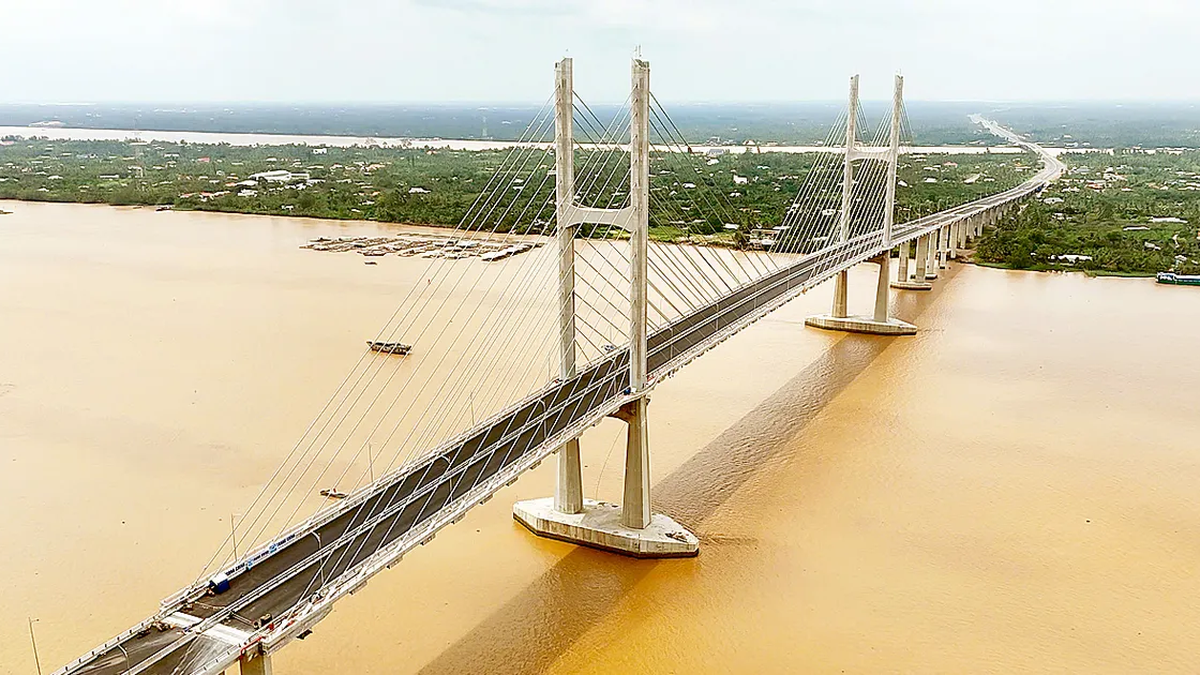

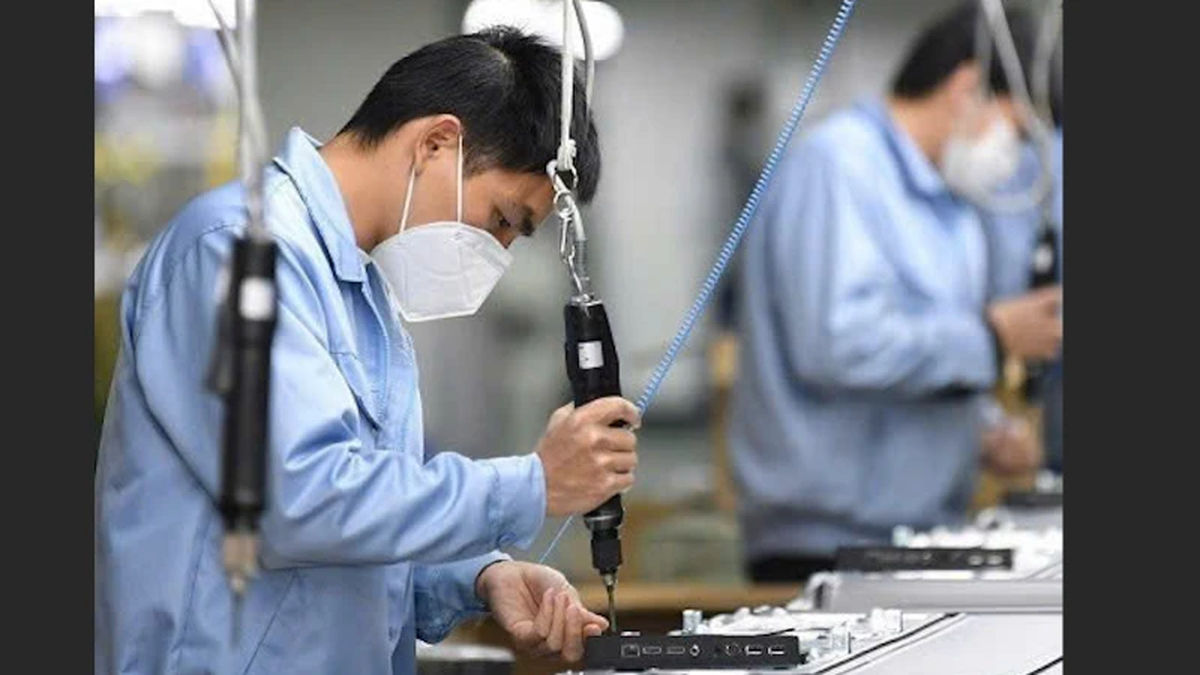
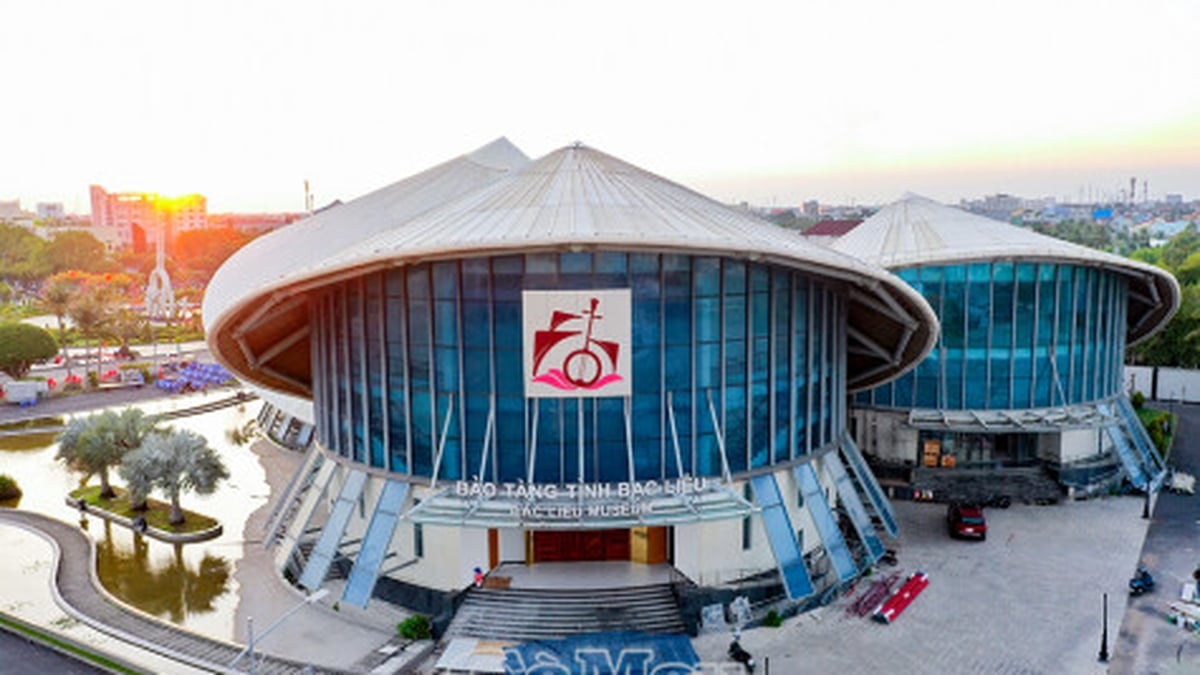


























































































Comment (0)